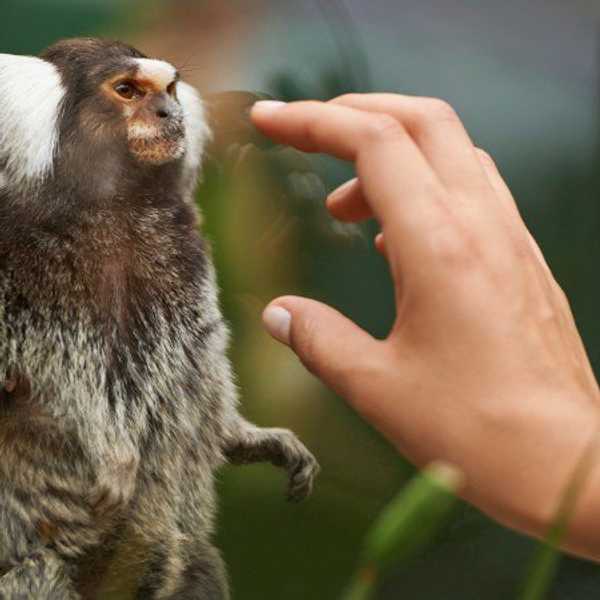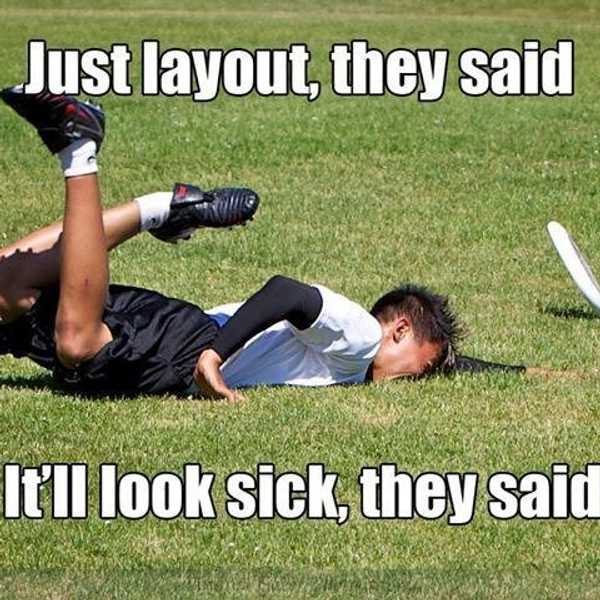Six months in and 2016 has already made its mark on the decade. That mark being social media. It's been relevant for years now, surely, but its accessibility, influence and ever-expanding brand of literacy is so much more distinct than it has ever been that it's hard to ignore the role it plays in society. There's power in social media - power in social media today. It can make heroes and villains out of ordinary people within hours. News travels infintely faster than ever before, giving the opportunity for multiple groups of people to feel much closer than they actually are. Stories become sensation and with the flick of one's hand - or fingers - issues become irrelevant and disappear, like magic. Social media gives us the rare opportunity to make a difference and have a voice as loud and as powerful as anybody else's. It can also distract us from what is really important.
One week ago, The Cincinnati Zoo was the site of the controversial and devastating shooting and death of 17 year-old Harambe, a member of the highly endangered species: the Silver-back Gorilla. The incident quickly turned into a whole host of heated debates ranging from animal rights to racism. It's fair to assume that the killing of an endangered species like the Silver-back Gorilla would warrant such outcries, seeing as there are less than a thousand left on the planet. And though the rescuing of a child in this circumstance is obviously important, many were quick to point to the question of whether less lethal actions could have been taken. It's certainly a question best asked in hindsight - the answer of which could be applied for similar, future scenarios.
The debate enthusiastically launched itself from Cincinnati and animal rights groups to across the country. This, for lack of a better word, exploded. Overnight, from local news to a national narrative, Cincinnati Zoo and Harambe were both equally on the tongues of anyone who owned a television. Or who owned a computer. The discussion reached national notoriety with the help of social media: Twitter, Facebook, even Instagram all played a role in administering the facts, rumors and the strongly-felt opinions.
Initial reactions focused on Harambe's death and how it could've been avoided, as already stated, which then moved to the responsibility of the parents and how they allowed their child to sneak into an animal enclosure. Eventually more obscure, issues were being brought to light, such as racism and the topic of veganism, oddly enough. Even the debate of whether zoos themselves are ethical was brought up. It was a great moment in social media, that the Internet allowed for a wildly intense but all-the-while diverse discussion on the issue and event, which certainly deserved some level of national attention. A space was being made. Amidst all the fluff and nonsense in the media, what's important seemed to be rising to the top, rearing its unflattering but nevertheless important head right in our faces. An event that seemed to consist of the perfect ingredients for a sensationalized story was turning itself into a platform for other larger, ever-looming social issues. Though, that remarkable feat lasted about all of four days.
As the discussion continued, the incident became more popular. And when something reaches a certain level of popularity, social media has a tendency to diminish its severity. Legitimate questions turned into humorous responses and turns-of-phrases. Serious racial implications became the subject of running jokes and memes. Cell-phone footage of the incident opens up an even stronger debate of the choice to kill or not kill. The boy's parents and even eye-witnesses are being harassed through social media.
And just like that, as quickly as the fire caught, it died out. A week later and plans to re-open the 'Gorilla World' are already in action; the subject steadily loses media relevancy as other events take shape, such as The Stanley Cup and The NBA Finals or Hilary Clinton and Donald Trump's reactions to each other's public statements. As quickly as social media ushered Harambe's death into the spotlight, it was forced out of it, becoming a source for cheap amusement and simple asides.
Though as flippant as social media is with trends, most lasting only a few days, it does say something about the importance of the matter that the Cincinnati Zoo incident is still being discussed, to some degree. We have the ability to apply social injustice or simply questions we haven't quite figured out yet to real-life events. And we are capable of influencing social media to the advantage of giving these issues a much more effective voice. However, it also says about our culture that something so heartbreaking can be reduced to a few crude jokes, no matter how harmless, when the potential to maintain a legitimate dialogue about issues that still weigh heavy on our society are at our fingertips.





















